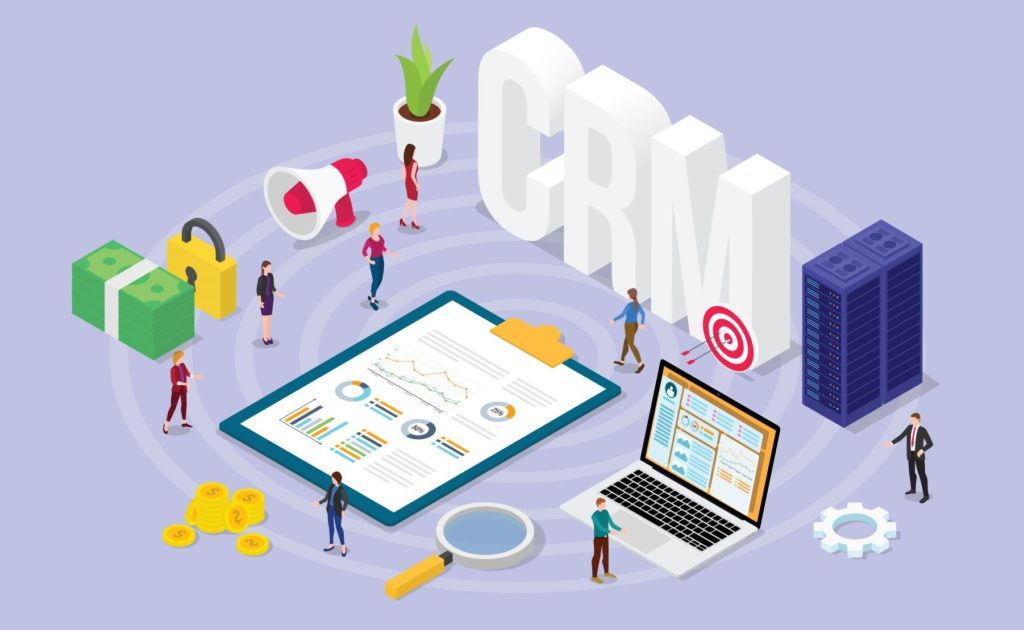What to Look for When Outsourcing BI Infrastructure

In times of crisis, there is an increased need for skills and resources to organize and interpret data in order to make stronger decisions faster. However, making progress with ongoing digital transformation strategies may be difficult if investment in integrated business intelligence (BI) infrastructure is interrupted.
In 2008, during the financial crisis, many companies saw stability and growth. One of the reasons they survived the crisis was because they thought ahead and took strategic actions using data intelligence to grow profits. I always refer to Amazon, Groupon and Ford as exemplary institutions that successfully survived the crash by thinking ahead and taking action.
In 2009, Amazon grew its sales by 28% after making good use of its data to identify areas of new business opportunities. It also acquired Zappos for $847 million in July, and by October, Amazon’s stock hit an all-time high.
That same year, after rigorous cuts in jobs and costs and outsourcing some of its operations, Ford generated a $2.7 billion net income. In 2008, Groupon introduced a new business model that allowed consumers to purchase goods and experiences for a fraction of their retail value. Less than two years later, it saw $500 million in annual revenue.
Though all the strategies presented were different, each strategy required insights from high-quality, reliable data. Now in 2020, BI can leverage analytics across more of the enterprise for faster and better decision making.
BI holistically leverages analytics from logistics and supply chain, customer experience, financial, and workforce analytics. The results are benefits such as cost and time efficiencies, smarter resource allocation, faster adaptation to trends in innovation, and greater accuracy, scalability, and reliability.
In some cases, BI positions are cut without an alternate structured solution to fulfill the crucial business needs of getting immediate actionable insights. Outsourcing BI is a way to find insights in the near term without sacrificing long-term growth.
Some of the things to look for in an outsourcing partner are a demonstration of technical ability, a track record of performance in your business category and a history of reliability with references. Here is a checklist to get you started on your plans to engage with an outsourcing partner: Read on Forbes.com





